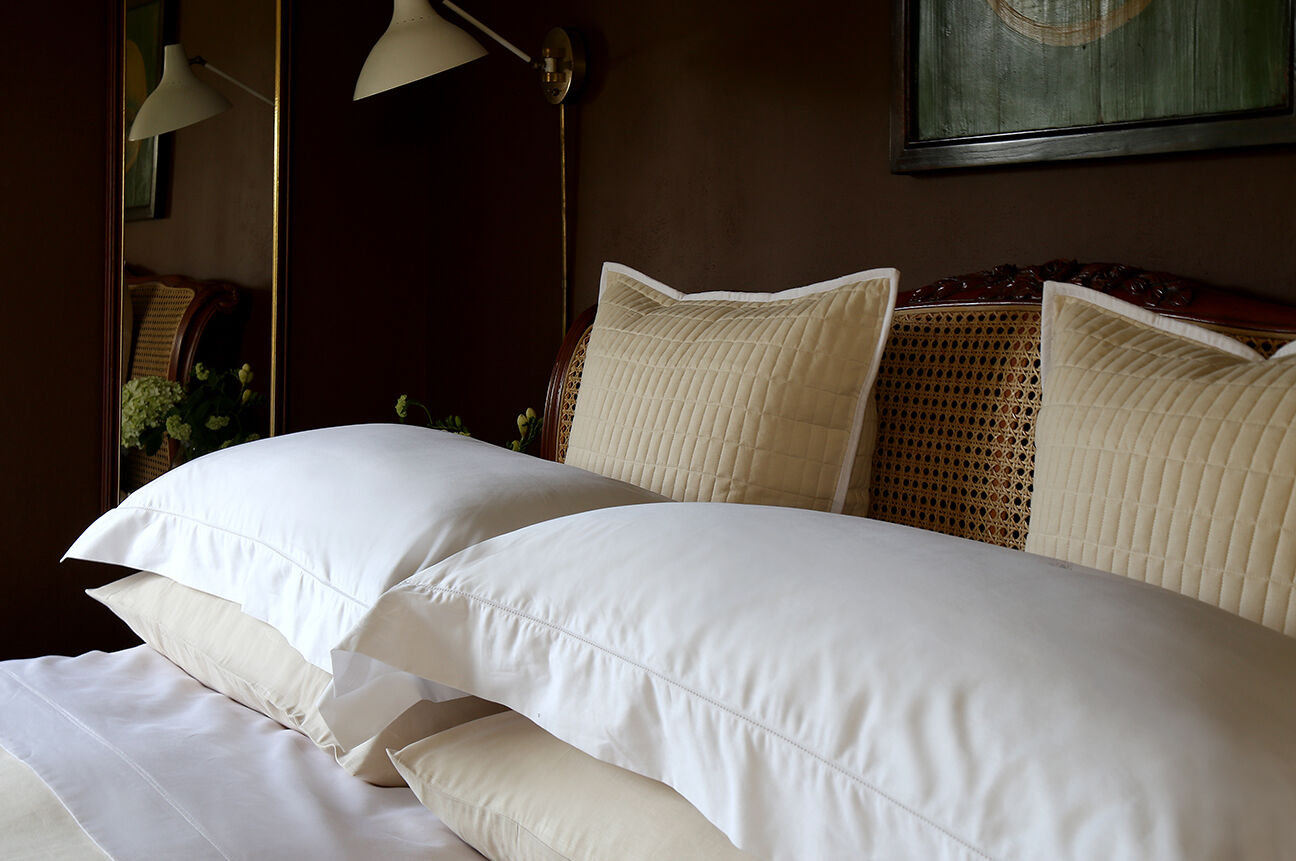Add the debilitating issue of performance anxiety to this and Houston we have a problem. We worry about losing an erection or finishing too quickly or that may we may not be in the mood for sex and will have to grin and bear through it. It’s hard to have open conversations with our partner about where we are emotionally, what we need and what our fears are, so often we choose to avoid sex altogether.
A Few More Intimacy Gremlins |
The world seems to be conspiring to make us late to bed and unable to drift off easily. Getting enough sleep is essential for good physical and mental health. Sleep deprivation increases our risk of anxiety and depression, which are both strongly associated with loss of libido.
Prioritise your sleep habits and environment and your intimate life will reap the benefits.
A loss of sexual desire commonly occurs alongside depression. Depression makes us feel tired and lacking in energy. When we are depressed, we don’t get the same pleasurable rewards from things we normally enjoy, from eating food, to reading a book and yes, even having sex.
Seek help and support whether you are diagnosed with depression or just feeling overwhelmed, you don’t need to suffer in silence, and your sex life requires self care and good mental health.
Hormone Imbalance & Your Medication |
A loss of libido isn’t often linked to a hormonal abnormality. However,
hypothyroidism (an underactive thyroid gland) or premature ovarian failure (early menopause) can wreak havoc with our sex drive.
Hormonal changes at menopause can also cause libido issues. Have the conversation with your doctor.
Many commonly prescribed drugs can lower libido, such as antidepressants, antipsychotics, beta blockers and statins.
Juggling work, finances and families with uncertainty about the future as well as a constant onslaught of comparison on social media, means it’s no great surprise that we might not have as much energy for sex as we once did.

